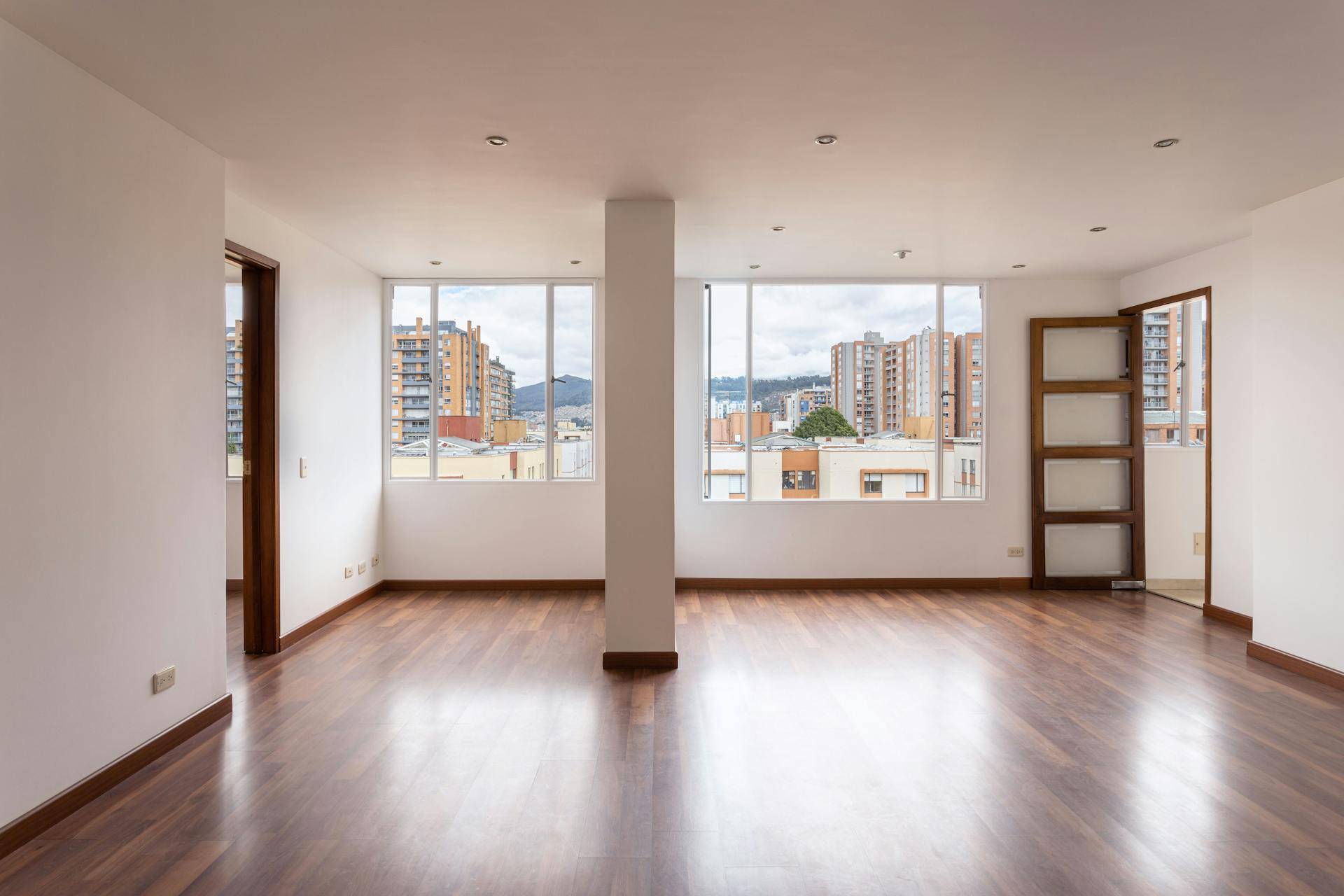The debate between renting and buying a house has been long standing, with advocates on both sides presenting arguments centred on flexibility, financial planning, and lifestyle choices. Recently, Nikhil Kamath, the billionaire co-founder of Zerodha, reignited this conversation by purchasing his first home. Known for his contrarian views and calculated risk-taking, Kamath's decision marks a significant shift from his previous stance, where he leaned toward renting over buying. This acquisition is not just a personal statement for Kamath but prompts many to reconsider the merits of homeownership, especially among high-net-worth individuals.
Kamath's recent purchase puts an interesting spin on the philosophy he had long embraced. Like many millennials and ultra-wealthy individuals, he was a staunch advocate for renting homes instead of buying them. His rationale resonated with a broad audience: renting provides freedom and flexibility, while purchasing ties up capital that could potentially yield better returns elsewhere. However, with his newfound commitment to homeownership, Kamath's perspective may signal a shift in his personal approach to wealth and security.
During a recent episode of his podcast, "WTF," the 37-year-old entrepreneur made this revelation in dialogue with industry leaders, including Irfan Razack, chairman and managing director of Prestige Group, Nirupa Shankar, executive director at Brigade Group, and Karan Virwani, CEO of WeWork India. In this discussion, Kamath reignited the long-standing debate between buying and renting property. He acknowledged a significant drawback of renting: “Of all the advantages of renting, there is one disadvantage, that you don't have foresight as to when you can move out of the house. Like, I had to move out of this house, whereas I may have liked to stay longer in this house. Not having the nuisance value of having to move, felt like it made sense to buy one,” he said.
The Renting Philosophy: Why Kamath Advocated It?
Kamath's preference for renting was grounded in financial pragmatism. Renting allows individuals to live in expensive areas without tying up large sums of capital. For someone like Kamath, an investor accustomed to generating high returns through market movements, renting offered a flexibility that homeownership did not. By renting, he could easily relocate based on changing life or work circumstances, without the burden of being tied to a particular property. Additionally, he often argued that the money saved from not purchasing a home could be invested in stocks, startups, or other ventures that provide higher returns than real estate.
This renting narrative appealed to millennials, many of whom entered the workforce during or after the 2008 financial crisis. They grew up witnessing their parents struggle with mortgages, negative equity, and financial constraints, leading them to be wary of long-term commitments. Renting provided a means to avoid these burdens while still enjoying premium living spaces. For financially savvy individuals like Kamath, renting seemed like the smarter choice.
The Shift: Why Buying Now?
So, what has prompted Kamath to buy now? While he hasn't detailed the intricacies behind his decision, several factors likely contributed to this shift.
One prominent reason could be the sense of security and stability that homeownership offers. While renting has its financial benefits, owning a property brings long-term security. For Kamath, an investment in property doesn’t limit his financial flexibility the way it would for an average person. Instead, it acts as diversification of assets, providing a hedge against inflation and a tangible asset that appreciates over time, unlike some high-risk financial investments.
Additionally, personal life changes might have influenced his decision. Buying a home often coincides with significant life changes—family expansion, long-term planning, or the desire for a permanent base. Despite his wealth, Kamath may feel the same urge for a home base, especially considering the potential for a better work-life balance. Real estate offers emotional satisfaction and a sense of belonging that renting typically doesn’t provide.
Moreover, the pandemic has transformed the real estate market, altering how people view their living spaces. Homes have evolved from mere sleeping quarters to multifunctional spaces serving as offices, gyms, and entertainment centers. Kamath, like many others, may now feel the need for a space that’s entirely his own—one where he can live, work, and create without external limitations.
What Does This Mean for the Renting vs. Buying Debate?
Nikhil Kamath’s home purchase doesn’t end the renting versus buying debate, but it does lend weight to the argument for ownership, particularly among high-net-worth individuals. While renting offers flexibility, it lacks the long-term security and financial appreciation that homeownership provides. For someone like Kamath, whose financial portfolio is diversified, owning a home can be seen as a strategic move, potentially indicating a more conservative approach to personal finances as he matures in his career.
For the average individual, however, the debate is far from settled. Buying a house is a monumental financial decision that requires a solid understanding of both current and future financial standing. In many cities, the rent vs. buy equation still leans heavily in favor of renting, particularly in areas where real estate prices are inflated or where job mobility is high. The pandemic, however, has shifted some of the variables, making homeownership more attractive to people who now prioritize stable, long-term living arrangements over flexibility.
Image source- instagram.com









.png)